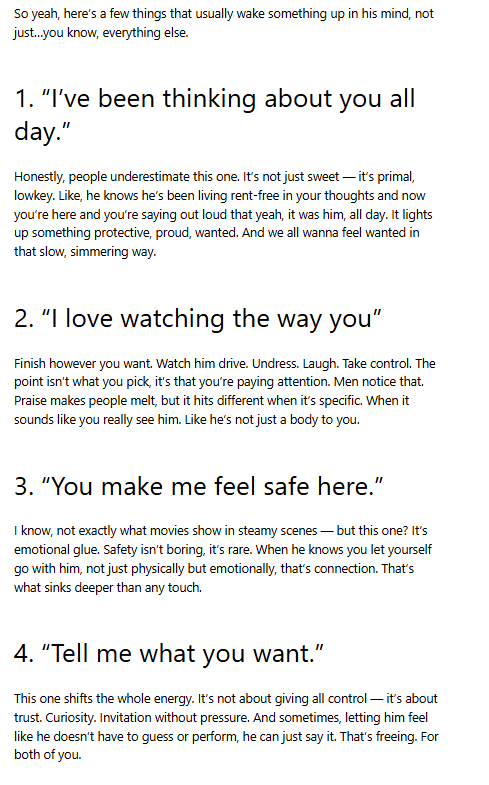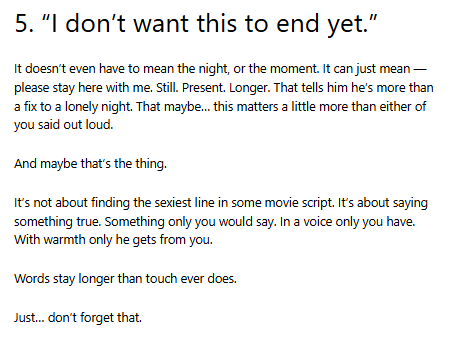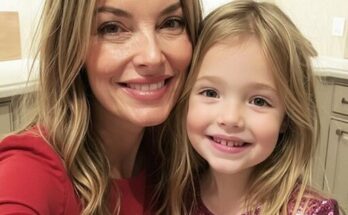In a world that often glorifies productivity, seriousness, and constant hustle, the idea of being playful can seem almost frivolous. Yet, playfulness is not just child’s play — it’s a powerful emotional and psychological tool that can transform the way we experience life. Whether you’re laughing with friends, dancing to your favorite song, or turning daily chores into a game, playfulness is a deeply human expression that enhances well-being, creativity, and connection.
But how exactly does playfulness lower stress and elevate joy? Let’s explore the science, psychology, and simple ways to infuse your life with more playful energy.



Understanding Playfulness: More Than Just Having Fun
Playfulness isn’t limited to games or hobbies; it’s a mindset. It’s an attitude of curiosity, lightheartedness, and openness toward life. A playful person approaches challenges with creativity, finds humor in difficulties, and remains flexible when plans change.
Psychologists describe playfulness as a personality trait — the ability to frame situations in a way that’s entertaining, humorous, or imaginative. It’s about embracing spontaneity and letting go of the need for constant control. You might notice that children naturally live in this state; everything is an adventure, and joy comes from the simplest things. As adults, we tend to lose touch with that spark. However, reconnecting with it can be profoundly healing.
The Science Behind Playfulness and Stress Relief
Stress is the body’s natural response to pressure, but chronic stress can lead to anxiety, burnout, and even physical illness. Interestingly, playfulness triggers the opposite physiological response. When we engage in playful activities, our brains release endorphins — the “feel-good” chemicals that elevate mood and relieve pain. Laughter and lighthearted interactions also lower cortisol, the stress hormone.
A study published in the Journal of Positive Psychology found that people who score higher on playfulness scales report lower perceived stress and better coping mechanisms. They tend to reinterpret stressful situations in ways that feel manageable or even humorous. Instead of ruminating over mistakes, playful individuals are more likely to shrug, laugh, and move on.
Additionally, playfulness enhances parasympathetic nervous system activity — the “rest and digest” mode of the body. This helps slow the heart rate, improve breathing, and promote relaxation. Simply put, being playful signals to your brain that you are safe, reducing the fight-or-flight response that fuels anxiety.
How Playfulness Boosts Joy and Emotional Resilience
Beyond stress relief, playfulness cultivates lasting happiness. Joy isn’t something we have to chase; it’s a state that arises when we’re fully engaged in the moment. Playfulness brings us back to that state of presence — free from overthinking, self-judgment, or worry about the future.
Here’s how playfulness contributes to greater joy and emotional balance:
1. Encourages Flow and Presence
Playful activities often lead to what psychologists call a flow state — a sense of complete immersion and satisfaction in what we’re doing. When you’re playing a game, painting, or even telling jokes with friends, time seems to disappear. This kind of engagement brings deep joy and fulfillment.
2. Fosters Social Connection
Playfulness is contagious. Shared laughter and light-hearted teasing strengthen relationships and build trust. Whether it’s a playful conversation with a partner or a spontaneous group activity, these moments create bonds that reduce loneliness and increase happiness.
3. Builds Emotional Resilience
Life is unpredictable, and setbacks are inevitable. A playful attitude helps us navigate challenges without being consumed by negativity. It enables flexibility — the ability to adapt and see obstacles as opportunities for creativity rather than defeat.
4. Enhances Creativity and Problem-Solving
Playful minds are curious and open to experimentation. When you approach life with a playful spirit, you’re more willing to take risks, think outside the box, and find innovative solutions. That creativity doesn’t just boost joy; it also helps you thrive personally and professionally.
The Link Between Playfulness and Physical Health
It’s not just mental health that benefits — playfulness supports the body, too. Laughter has been shown to improve immune function, lower blood pressure, and increase pain tolerance. Engaging in physical play — such as sports, dancing, or playful movement — improves cardiovascular health and releases pent-up tension.
Even gentle forms of play, like doodling or light banter, can stimulate dopamine production, which supports motivation and energy. Over time, these physiological effects accumulate, leading to a healthier, more vibrant body and mind.
Overcoming Barriers to Playfulness in Adult Life
Many adults struggle to be playful because society equates seriousness with responsibility. From early education to corporate culture, we’re taught that play is for children, while adulthood demands constant productivity. However, this mindset limits our capacity for happiness.
Here are some common barriers and how to overcome them:
1. The Fear of Looking Silly
Worrying about judgment is one of the biggest blocks to playfulness. The truth is, vulnerability is a strength, not a weakness. Allowing yourself to laugh freely, dance awkwardly, or make jokes reminds others that it’s okay to be imperfect.
2. The Weight of Responsibility
Work, bills, and family obligations can make play seem impractical. Yet, even small moments of play — like goofing around with your kids, joking with coworkers, or taking a creative break — can rejuvenate your energy and make you more productive in the long run.
3. The Habit of Overthinking
Playfulness thrives on spontaneity. Overanalyzing kills joy. Try setting aside time to do something just for fun, without worrying about the outcome — whether it’s sketching, cooking something weird, or playing a game with no rules.
Simple Ways to Bring More Playfulness Into Everyday Life
Incorporating playfulness doesn’t require extra time or resources — just a shift in perspective. Here are some easy ways to invite more joy and levity into your daily routine:
- Start Your Day Lightly: Listen to a funny podcast, dance while getting ready, or make silly faces in the mirror. These small rituals can set a positive tone for the day.
- Use Humor to Defuse Stress: When faced with frustration, ask yourself, “What’s funny about this situation?” Finding humor even in challenges builds resilience.
- Reconnect With Your Inner Child: Do something you loved as a kid — fly a kite, draw, play a board game, or jump in puddles. Childlike activities awaken creativity and joy.
- Surround Yourself With Playful People: Energy is contagious. Spend time with people who laugh easily, tell stories, and don’t take life too seriously.
- Gamify Your Routine: Turn mundane tasks into small challenges — race against the clock to clean your room, reward yourself for finishing errands, or create a points system for daily goals.
- Practice Mindful Play: Engage fully in whatever you’re doing. The key is presence — losing yourself in the joy of the moment without thinking about productivity or outcomes.
The Ripple Effect of a Playful Life
Playfulness doesn’t just make you happier — it transforms your relationships, work, and overall life satisfaction. Playful leaders inspire creativity in their teams. Playful parents nurture emotionally secure and imaginative children. Playful partners maintain connection and laughter even in tough times.
Most importantly, playfulness reconnects you with your authentic self. Beneath layers of stress and societal expectations, your natural state is joyful, curious, and expressive. By embracing play, you rediscover that freedom.
Final Thoughts
Playfulness is not an escape from reality — it’s a deeper engagement with it. It’s how we transform ordinary moments into extraordinary ones, and how we turn stress into laughter. The more we allow ourselves to play, the more we unlock creativity, compassion, and genuine happiness.
So, take a breath, smile, and let yourself be a little silly today. Life isn’t meant to be endured; it’s meant to be enjoyed — playfully.



